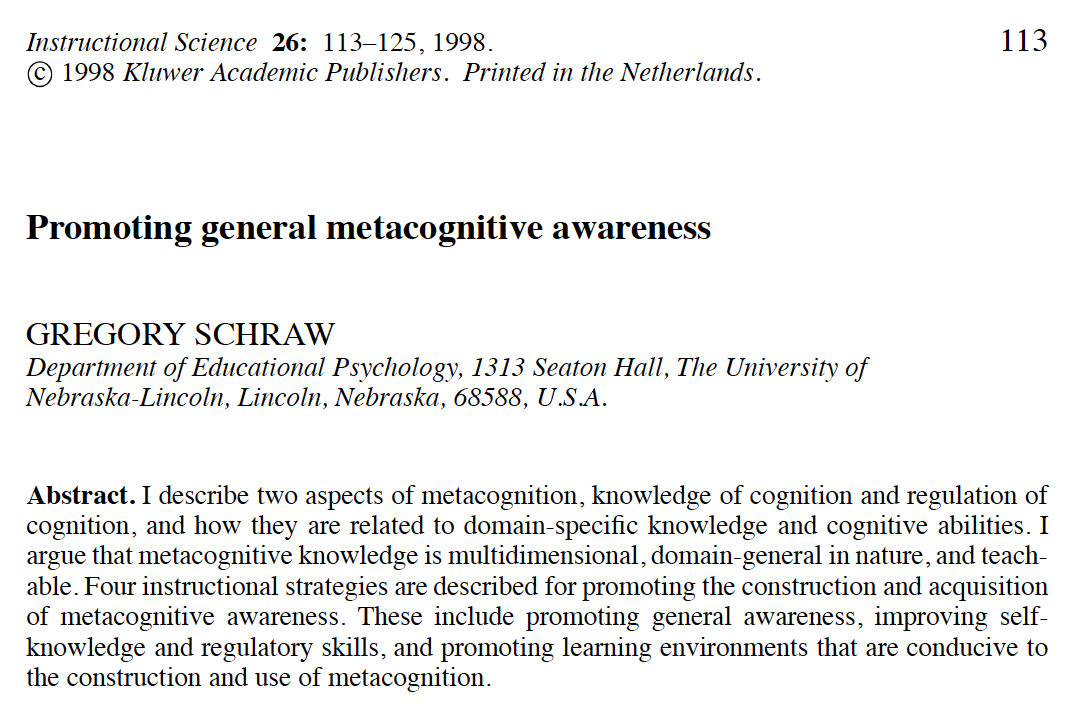Educational psychology
How do we learn to make better decisions? This brings an educational component to goal-oriented decision making, which is a different focus than simply asking how we make better decisions. The educational component elevates the individual to playing an active role. The student becomes the focus. This does not negate design or external factors that can be used to support decision making, but it does bring to the forefront the value of the individual learner as they transition from novice to expert.
It is useful to note that in both goal theory and educational psychology motivation plays a key role. Both consider individuals in terms of agency, including the ability to anticipate or forecast affective outcomes, e.g., the anticipation of regret.
It is useful to note that in both goal theory and educational psychology motivation plays a key role. Both consider individuals in terms of agency, including the ability to anticipate or forecast affective outcomes, e.g., the anticipation of regret.
|
Albert Bandura
Social cognitive theory (SCT), first published by Bandura in 1986, is foundational for understanding how we learn to make better decisions. SCT came out of his work in the 1960's on social learning theory. An important aspect of the theory treats students as "agents" capable of self-regulation. In addition, Bandura's work on moral disengagement influenced goal-oriented decision making. |
|
Lev Vgotsky
As a Soviet psychologist in the early 20th century, Vygotsky's work focused on developmental aspects of learning, specifically in children. Related to goal-oriented decision making, Vgotsky's zone of proximal development (ZPD) is important. Traced back to ZPD, in pursuit of our goals scaffolding is an aspect of learning as progress from novice to expert. |
|
Bobby Hoffman
A professor at the University of Central Florida, Hoffman's work focuses on the role of motivation as it relates to both learning as well as performance. Related to goal-oriented decision making we consider both the direction and intensity of effort as well as what is required to sustain motivational change over time. |
|
Gregory Schraw
When it comes to learning, both in terms of the goals we are trying to achieve and the decisions we make, Schraw promoted the value of metacognition. Meta-goals and meta-decisions are both part of goal-oriented decision making. In addition, Schraw offered a philosophical view of learning, intersecting beliefs related to epistemology and ontology. |
|
Gale Sinatra
Personally held beliefs are a major aspect of deciding not only which goals to pursue, but how to pursue them. For example, a belief in a flat or round world will influence decisions regarding how to navigate the world. Sinatra's work explains how our beliefs about certain concepts change over time and how we can intentionally address dysfunctional beliefs. |
|
Marcel Zeelenberg
An important aspect of goal-oriented decision making (GOD) is the role of "hot" cognition. Specifically, Zeelenberg offers up research on the developmental aspects of emotions such as regret and disappointment and how these can influence future decisions. This includes work on a number of ways the intensity of regret is managed over time. |






